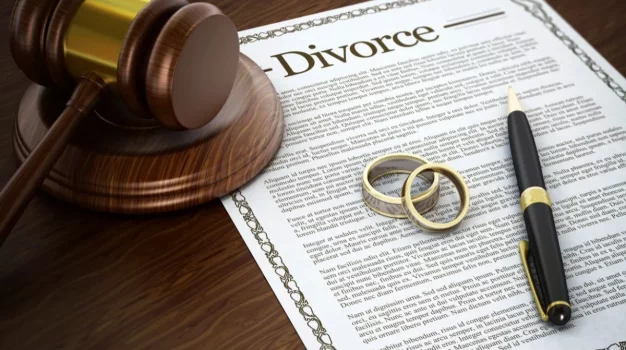Divorce Deposition Tips
A good lawyer can’t keep you from a deposition but they can help you make the most of it!
While nothing is fun about getting a divorce, going in for a divorce deposition is probably one of the least fun events in a divorce proceeding. Before we jump into the tips, let’s talk about what the deposition is and what it isn’t.
A divorce deposition can be a tool that your spouse’s lawyer uses to intimidate you. Many divorce attorneys avoid the courtroom like the plague. They specialize in intimidating the other spouse so that everything can be ironed out privately. If you have ever thought of yourself as a pushover, this is precisely the situation where you need a tough lawyer. While your lawyer can’t protect you from giving a deposition, they can make the process safer for you.
The deposition will occur during the discovery process. This means it happens before the case is in the courtroom. But every single word spoken during the deposition could become a part of the court record. There’s a court reporter present for that very reason. While discovery materials, like the transcript of your deposition, are not officially a part of the court record, they can be included by your spouse’s lawyer through court motions. So watch your words carefully.
When you give your deposition, you will be put under oath. This means if you are caught lying, you could be held liable for perjury. While perjury prosecution is unlikely, what is very common is for your spouse’s lawyer to use your deposition as a way to demonstrate to the court that you are a liar. That’s why honesty is pivotal to success.
A divorce deposition is not a race. Many of the tips below are about pacing yourself and asking for what you need in the moment. This isn’t a police interrogation, you are not under arrest, and you are free to leave at any time.
Beyond being an intimidation tool, it’s important to remember that the divorce deposition is 100% about helping your spouse’s attorney build their case. You are obligated to be honest, nothing more.
Let’s get to the tips:
#1 – Practice Ahead of Time. Your lawyer should prep you for your deposition. They will ask you practice questions; you will get feedback; it’s just like prepping for any other court appearance.
#2 – Remember, it’s about helping them, not you. Answer only what’s asked, don’t volunteer extra information. If a simple “yes” or “no” answers the question, leave it as is. Don’t interrupt anyone during the proceeding. If you think you know the end of the question, you might unexpectedly give an answer that you didn’t have to offer.
#3 – Get Comfortable with Silence. Lawyers and salesmen know that silence is a powerful tool. They are betting that if they give a moment to breathe, you will fill it with more answers. Please don’t do them any favors.
#4 – Dress for Court. Your spouse’s attorney is essentially sizing you up. So show up for your deposition in a court-appropriate outfit.
#5 – Know the difference between “I don’t know” and “I can’t recall” so that you are using them correctly; if you don’t know something, it means you never knew it. If you can’t recall something, it means you knew it at some point but can’t remember it right now at this moment.
#6 – Pay close attention to anything your lawyer says. Again, never interrupt anyone during your deposition. If your lawyer is speaking, it’s important. They might be objecting to a question or asking you something to be clear for the court reporter. Your lawyer can interrupt you; you should never interrupt them.
#7 – Ask your attorney about document review. You don’t want to be in a position where you have to disclose anything more than you have to. Before reviewing any documents to prepare for your deposition, make sure your lawyer gives the okay.
#8 – Leave the attitude at home. Being rude or evasive might feel fun at the moment, but your antics will be used by your spouse’s lawyer to your detriment. So keep calm, and don’t play games like answering every single question with, “I don’t recall.”
#9 – Review carefully. Your spouse’s attorney will likely hand you photos or documents during your deposition. Even if you are very familiar with them, take your time to review them thoroughly at the moment. Remember that this isn’t a race, and the only priority is to be accurate.
#10 – Take nothing personally. Your spouse will be there. It’s going to be uncomfortable. It’s going to be intimidating. Your spouse’s lawyer is going to ask you questions specifically designed to get under your skin. Ask for a break, take a walk, breathe deep.
Once the deposition is over, you can call your pals and have a great night out. Herald them with all the snippy comments that you rightly kept in your head and did not share at the moment. Remember, quotes from your deposition can and will be used against you later on.





